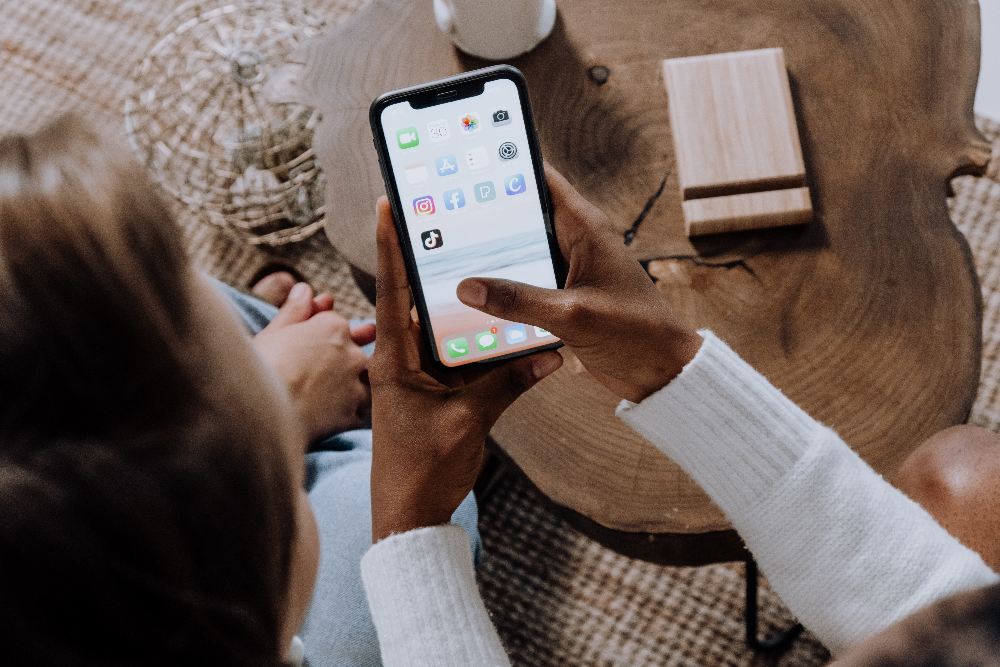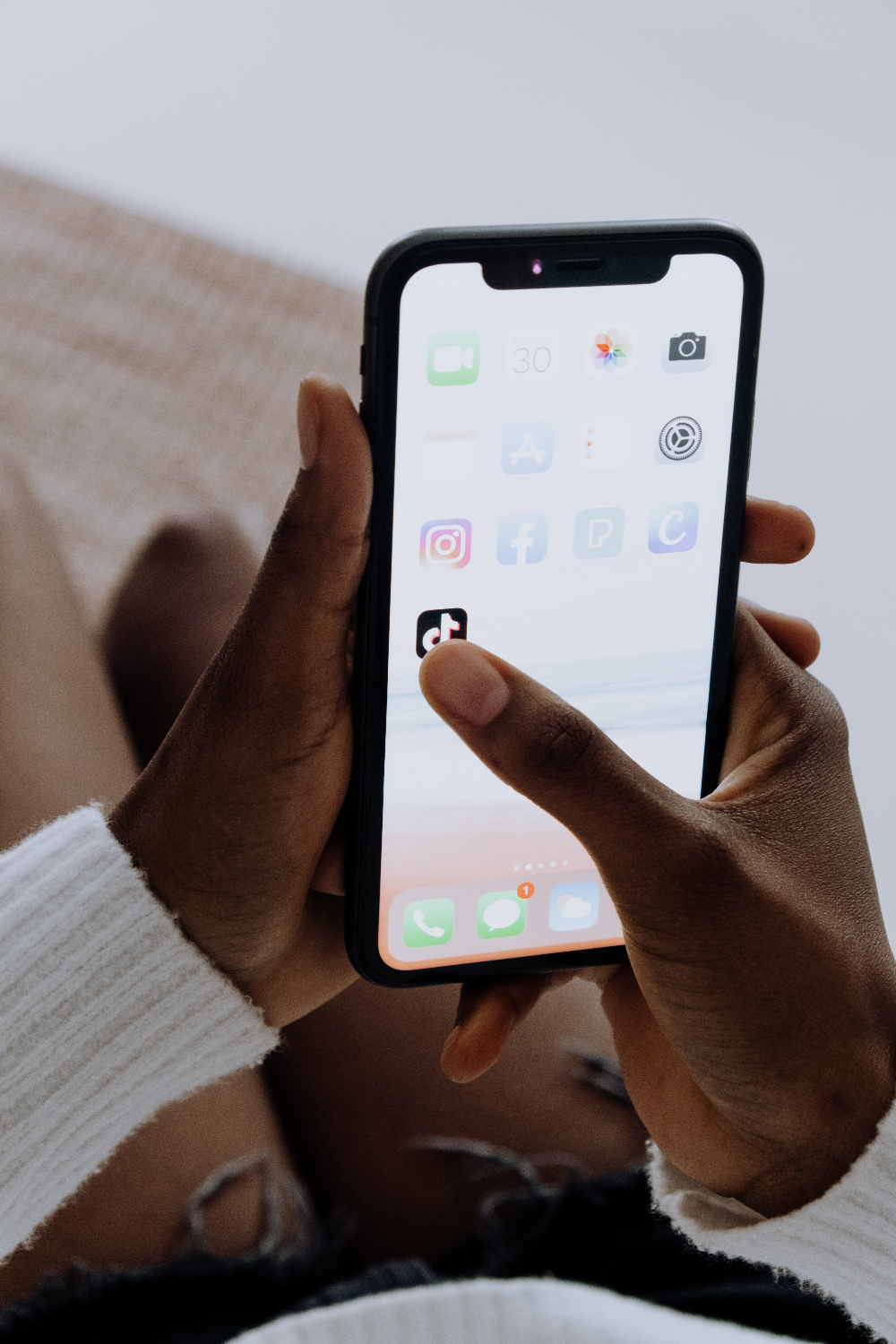TikTok misinformation is leading to false mental health diagnoses.
Social media, including TikTok videos, Facebook fees, Twitter tweets, has transformed the world – just maybe not in the most positive ways. While users of all demographics can share stories, peruse updates and post photos, there have been numerous studies showing that social media overuse can be detrimental to one’s health,.
Take Instagram and Snapchat for example. Both sites revolve heavily around edited-to-look-perfect image uploads. There are a ton of filters that can be used in order to make a person look amazing on the internet. However, the differences between filtered and unfiltered photos can be profound. So, when celebs are posting their images online and it looks like they have flawless skin, curves in all the right places, and long, luscious locks, the photo posted can look very different from what they’d look like passing by on the street.
What filtering has done is add more pressure for children, preteens, teens and young adults to also look perfect – something that’s impossible to accomplish. There has been an uptick in eating disorders, body dysmorphic disorder and other mental health conditions as a result.

Beyond filtered photographs, apps like TikTok are also disseminating mental health information that may or may not be accurate. Because words like bipolar, depressed, manic, suicidal, O.C.D., and narcissistic have been popularized by TikTok and other social media apps, this leaves room for a ton of misinformation to abound and for users to self-diagnose based on this faulty information.
About a year into the pandemic, Kianna, a 17-year-old high school student in Baltimore who wishes to be referred to by only her first name, was feeling more and more isolated and alone. She would fixate on her seclusion from peers in her room and start critiquing her own appearance. Her classes were virtual and she could only interact with her friends online or over the phone.
“I remember just being on TikTok for hours during my day,” added Kianna. “That’s when my self-esteem started declining.”
She began to see videos being posted on TikTok about depersonalization disorder, a type of dissociative condition that can make people feel disconnected.“I have this,” she remembered thinking. “I was so in my head that something was wrong with me.”
Unfiltered and unmonitored mental health resources have become the norm online. While talking about mental health online can reduce stigma, it can also give the wrong message to viewers. The ability to self-diagnose is extremely problematic. In the mental health field, professionals are cautioned against overpathologizing patients – and, yet, apps like TikTok seemingly offer a platform to do this to themselves. Once a person has it in their head that they have a condition (or two, or a hundred), this information is deeply internalized and can start to affect their personality, ability to socialize, and overall self-concept.
Annie Barsch, a licensed marriage and family therapist in Elburn, Ill., a suburb of Chicago, has worked with multiple teens and young adults who come to her office with a diagnosis in hand for themselves and their partners.
“People go, ‘Well, if I have the symptom, I have to have the disorder’ — but it’s not that kind of relationship,” she said, adding, “Some will say, “I’m so O.C.D. But if you’re organized and you have structure and you like things a certain way and you’re functioning, you don’t have obsessive-compulsive disorder — you’re organized. People who have O.C.D. cannot function because of their compulsions.”
Barsch fears many teens are turning to TikTok rather than seeking the help of a therapist. Those who make it into her office will “keep pushing the same agenda” throughout their sessions, convinced by the app that they have X, Y, Z. This makes her job all that more difficult as she’s forced into explaining, in many situations, all the reasons why this isn’t the case.
Earlier this month, a TikTok spokeswoman responded to turmoil these videos have caused, “We strongly encourage individuals to seek professional medical advice if they are in need of support,” adding that “the company continues to invest in digital literacy education aimed at helping people evaluate online content.”
Yet, the practice of consuming false information and self-diagnosing likely won’t go away anytime soon.


Join the conversation!